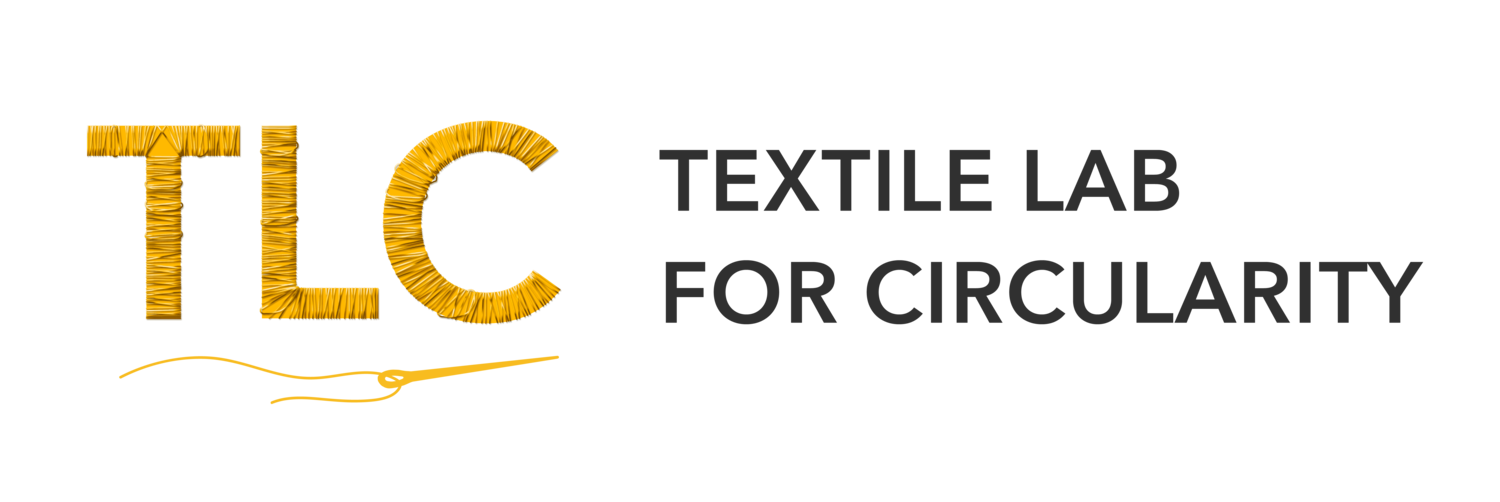What is a Social Innovation Lab?
Social innovation labs are a growing global movement. They tackle complex societal challenges requiring deep systems change, by working cross- and inter-sector in new and disruptive ways for groundbreaking results.
Social labs are a leading edge method of stakeholder engagement, where “unlikely allies” are recruited and brought together in a space primed for collaboration. Through a series of facilitated workshops, the group develops a comprehensive map of the social issue in question, and identifies “leverage points” from which they can take action. Social labs are emergent in nature, and allow participants to pivot with the latest information rather than being tied to outdated plans developed in the past. Once the situation is adequately mapped, the group begins the iterative process of prototyping solutions.
Frances Westley of the Waterloo Institute for Social Innovation and Resilience, pioneered this method of engagement. She defines social innovation as “...any initiative that challenges and, over time, contributes to changing the defining routines, resource and authority flows or beliefs of the broader social system. Successful social innovations reduce vulnerability and enhance resilience. They have durability, impact and scale.”
Why do we need a Social Lab for Textile Waste?
Here in BC, we need a social innovation lab focused on textile waste because it is a complex challenge with many moving parts and players involved. Textile waste is an issue that was created collectively, and must be solved collectively. As shown in the diagram below, there is currently waste streaming from every stage in the BC apparel lifecycle. This is an apparel industry issue, but also an environmental, political, racial justice, economic and public health issue, among other things. Considering these complex intersections, we need a diverse team of players to address it with the scope and expertise it requires. In Canada, the majority of existing social labs are in the nonprofit space, and we see an important opportunity for collaboration in the for profit space. Learn more about the Canadian social labs landscape here. The impact of the COVID-19 pandemic on the textile and apparel industry, and others, has only strengthened the need for collaboration. The Textile Lab for circularity is a natural evolution of the traditional social innovation lab, pioneered by local facilitator Sara Blenkhorn. Learn more about its origins here.
Above: diagram of the current BC textile system.
Bridging Gaps & Busting Silos
There are already organizations developing small scale solutions, however, these projects are fragmented in silos across the regional industry. It can be difficult for one organization to build the capacity of a project on their own, which is where a social lab structure can help. By breaking down these silos, we can pool resources to create an economy of scale, and go further, faster. It is clear that we need systemic change* to grow and connect these projects, while establishing a unified framework to transition the whole industry to circularity. We need accessible data, resources, and clear, consistent policy and regulation changes that direct all apparel stakeholders towards this new system. That is where we come in. The TLC is primed to build on and enhance the region's existing momentum towards circularity, becoming the glue the textiles industry needs to maximize the collective impact of many individual initiatives.
*systemic change: fundamental change of how a system functions, affecting how all stakeholders operate within that system. Systemic change is required when change to one aspect within a system does not solve the problem.
Sources:
Maljkovi, Nenad. “What Is Systemic Change?” Medium, Virtual Teams for Systemic Change, 23 Aug. 2018, medium.com/virtual-teams-for-systemic-change/what-is-systemic-change-f1ae8cdf2f2a.


